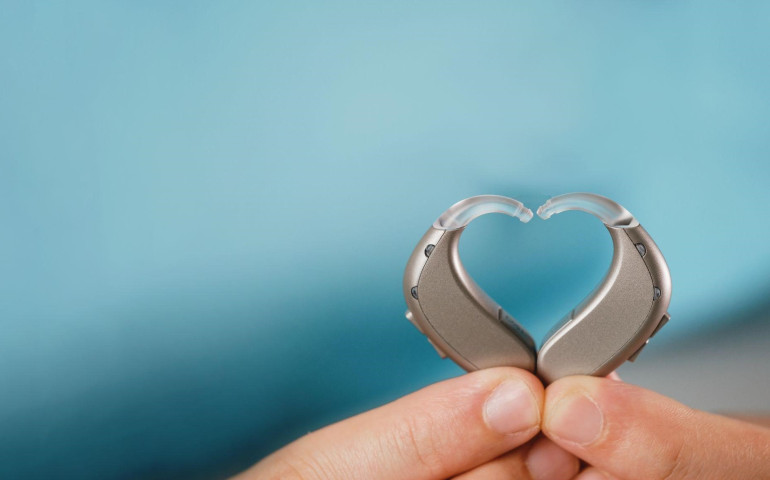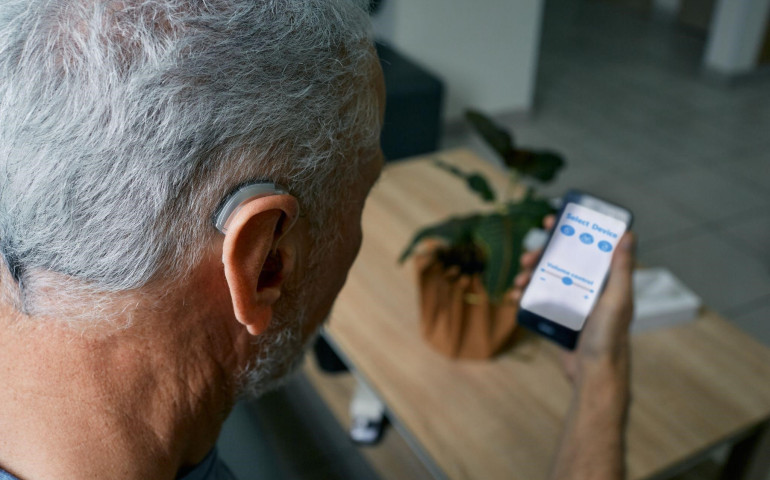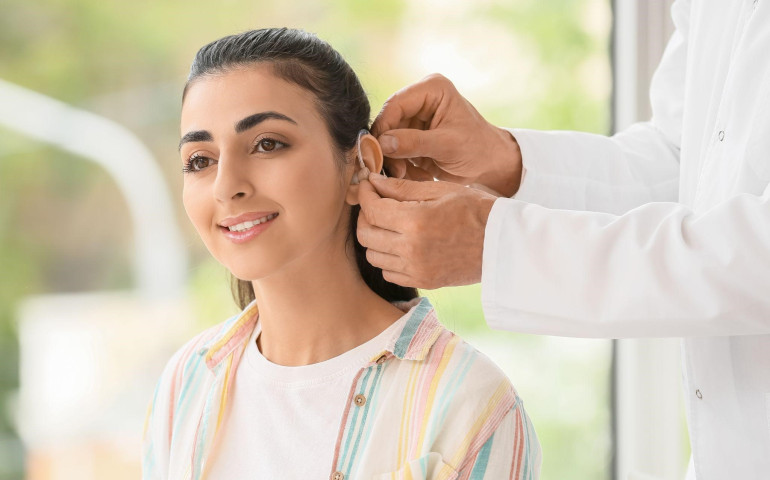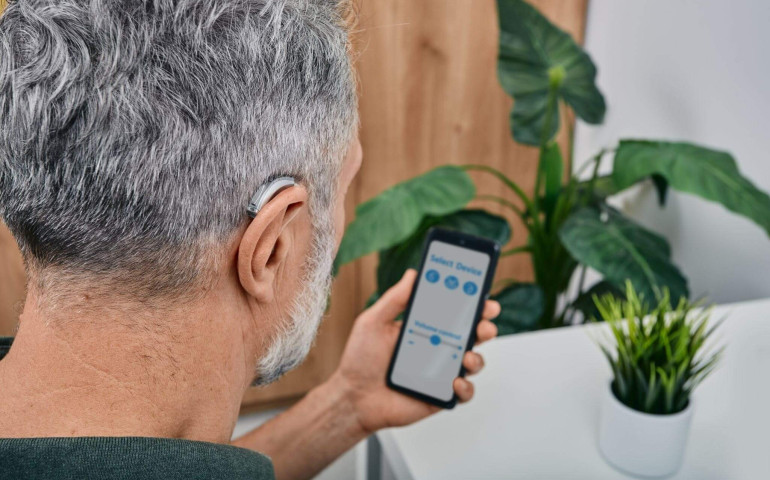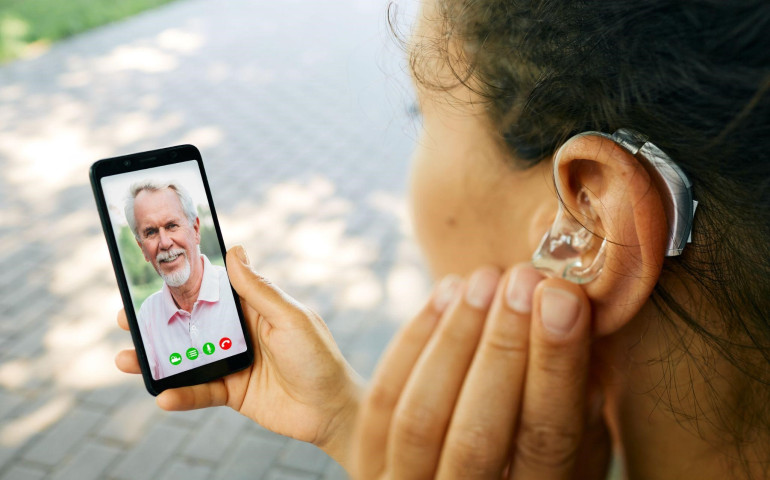Which Hearing Aid is Best for Sensorineural Hearing Loss?
Sensorineural hearing loss refers to hearing impairment resulting from inner ear damage. This type of hearing loss tends to be associated with aging (presbycusis), hearing loss that runs in the family, certain diseases or conditions, or exposure to loud noises. It's a permanent type of hearing impairment often minimized or managed with hearing aids, like the ones we offer at Beltone Skoric Hearing Aid Center. Below, we'll go over types of hearing aids that tend to be best for anyone with sensorineural hearing loss.
Behind-the-Ear (BTE)
Easy-to-wear, behind-the-ear devices are a popular choice for individuals with sensorineural hearing loss, especially if you prefer devices that can be easily adjusted. A custom-created ear mold also allows these Beltone products to fit snugly and comfortably in your ear. Our budget-friendly BTE models address a wide spectrum of sensorineural hearing impairment, from mild to severe.
In-the-ear (ITE)
Ideal for mild-to-severe hearing impairment, these types of Beltone hearing aids help with sensorineural hearing loss by allowing for a complete fit within the outer ear. This creates a whole sound experience. Some ITE models have additional features that transmit sound directly through the circuitry of the device for even better clarity. Induction loop systems and similar sound amplification features are common in ITE models, and they improve sound perception in different environments.
In-the-Canal (ITC)
These Beltone devices can be either in-the-canal or completely-in-canal (CIC). They're not recommended for severe or profound hearing impairment. However, there are varying degrees of sensorineural hearing loss, so these models can also be effective if your impairment is in the mild-to-moderate range.
Popular Beltone Models
Affecting approximately 9 out of every ten individuals with hearing impairment, sensorineural is the most common type of hearing loss. For this reason, many of the popular Beltone hearing aids can address audio impairment of this nature. Today's more popular models include digital signal processing and other digital features that fit in well with today's lifestyles.
Your personal preferences will also determine which hearing aid is right for you if you have sensorineural hearing loss. If you prefer standard technology, for instance, Beltone Rely models may be best for you. They also give you multiple connection options, and the batteries can be conveniently recharged.
Allowing for an improved ability to enjoy daily conversations, Beltone Amaze hearing aids will give you access to faster micro-processing technology, and if you prefer more advanced features, consider selections from the Beltone Imagine line. With sensorineural hearing loss that's more profound, Beltone Boost Ultra hearing aids will give you access to similar features while giving you the level of amplification you need.
Call Us Today
Find the Beltone hearing aid that's right for you if you have sensorineural hearing loss by visiting Beltone Skoric Hearing Aid Center. You'll receive a thorough evaluation, a review of your options, a discussion of your preferences and priorities, and complete and honest answers to any questions you may have. With the right Beltone hearing aids, you can get back to the important things in your life.
Contact us today to set up an appointment to find a hearing improvement solution that's right for you.
References:
https://www.nidcd.nih.gov/health/hearing-aids
https://www.asha.org/public/hearing/sensorineural-hearing-loss/
https://www.beltone.com/en-us/hearing-aids
https://www.healthyhearing.com/report/50276-Common-causes-of-sensorineural-hearing-loss


